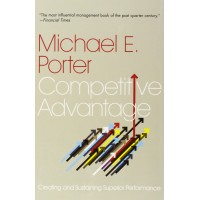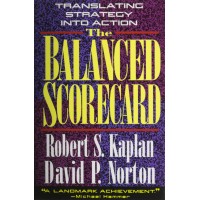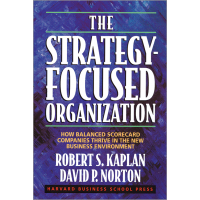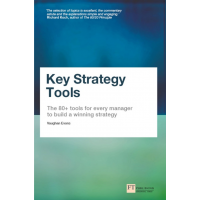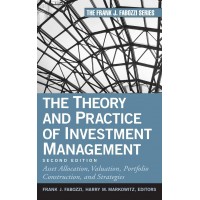The C++ Programming Language
C++ is a general-purpose programming language emphasizing the design and use of type rich, lightweight abstractions
C++ feels like a new language. That is, I can express my ideas more clearly, more simply, and more directly in C++11 than I could in C++98. Furthermore, the resulting programs are better checked by the compiler and run faster. In this book, I aim for completeness. I describe every language feature and standard-library component that a professional programmer is likely to need. For each, I provide:
- Rationale: What kinds of problems is it designed to help solve? What principles underlie the design? What are the fundamental limitations?
- Specification: What is its definition? The level of detail is chosen for the expert programmer; the aspiring language lawyer can follow the many references to the ISO standard.
- Examples: How can it be used well by itself and in combination with other features? What are the key techniques and idioms? What are the implications for maintainability and performance?
The use of C++ has changed dramatically over the years and so has the language itself. From the point of view of a programmer, most of the changes have been improvements. The current ISO standard C++ (ISO/IEC 14882-2011, usually called C++11) is simply a far better tool for writing quality software than were previous versions. How is it a better tool? What kinds of programming styles and techniques does modern C++ support? What language and standard-library features support those techniques? What are the basic building blocks of elegant, correct, maintainable, and efficient C++ code? Those are the key questions answered by this book. Many answers are not the same as you would find with 1985, 1995, or 2005 vintage C++: progress happens.
C++ is a general-purpose programming language emphasizing the design and use of type rich, lightweight abstractions. It is particularly suited for resource-constrained applications, such as those found in software infrastructures. C++ rewards the programmer who takes the time to master techniques for writing quality code. C++ is a language for someone who takes the task of programming seriously. Our civilization depends critically on software; it had better be quality software.
There are billions of lines of C++ deployed. This puts a premium on stability, so 1985 and 1995 C++ code still works and will continue to work for decades. However, for all applications, you can do better with modern C++; if you stick to older styles, you will be writing lower-quality and worse-performing code. The emphasis on stability also implies that standards-conforming code you write today will still work a couple of decades from now. All code in this book conforms to the 2011 ISO C++ standard.
This book is aimed at three audiences:
- C++ programmers who want to know what the latest ISO C++ standard has to offer,
- C programmers who wonder what C++ provides beyond C, and
- People with a background in application languages, such as Java, C#, Python, and Ruby, looking for something ‘‘closer to the machine’’ – something more flexible, something offering better compile-time checking, or something offering better performance.
Naturally, these three groups are not disjoint – a professional software developer masters more than just one programming language.
This book assumes that its readers are programmers. If you ask, ‘‘What’s a for-loop?’’ or ‘‘What’s a compiler?’’ then this book is not (yet) for you; instead, I recommend my Programming: Principles and Practice Using C++ to get started with programming and C++. Furthermore, I assume that readers have some maturity as software developers. If you ask ‘‘Why bother testing?’’ or say, ‘‘All languages are basically the same; just show me the syntax’’ or are confident that there is a single language that is ideal for every task, this is not the book for you.
What features does C++11 offer over and above C++98? A machine model suitable for modern computers with lots of concurrency. Language and standard-library facilities for doing systems level concurrent programming (e.g., using multicores). Regular expression handling, resource management pointers, random numbers, improved containers (including, hash tables), and more.
General and uniform initialization, a simpler for-statement, move semantics, basic Unicode support, lambdas, general constant expressions, control over class defaults, variadic templates, user-defined literals, and more. Please remember that those libraries and language features exist to support programming techniques for developing quality software. They are meant to be used in combination as bricks in a building set – rather than to be used individually in relative isolation to solve a specific problem. A computer is a universal machine, and C++ serves it in that capacity. In particular, C++’s design aims to be sufficiently flexible and general to cope with future problems undreamed of by its designers
About the Author
Bjarne Stroustrup is a Managing Director in the Technology Division of Morgan Stanley in New York, a visiting professor in computer science at Columbia University, and the original developer of the programming language C++. Bjarne authored "The C++ Programming Language," which has been translated into 19 languages and is one of the most widely read books of its kind. Bjarne has received numerous honors including fellowships from the Association for Computing Machinery (ACM) and the Institute for Electrical and Electronics Engineers (IEEE), and was elected member of the US National Academy of Engineering (NAE). In 2013, he was elected to the Electronic Design Hall of Fame, and in 2017, he was selected to receive the Faraday Medal from the Institution of Engineering and Technology (IET). Bjarne is also a distinguished research professor in computer science at Texas A&M University. He holds a PhD from the University of Cambridge.
| Author | |
| Author | Bjarne Stroustrup is a Managing Director in the Technology Division of Morgan Stanley in New York, a visiting professor in computer science at Columbia University, and the original developer of the programming language C++. Bjarne authored "The C++ Programming Language," which has been translated into 19 languages and is one of the most widely read books of its kind. Bjarne has received numerous honors including fellowships from the Association for Computing Machinery (ACM) and the Institute for Electrical and Electronics Engineers (IEEE), and was elected member of the US National Academy of Engineering (NAE). In 2013, he was elected to the Electronic Design Hall of Fame, and in 2017, he was selected to receive the Faraday Medal from the Institution of Engineering and Technology (IET). Bjarne is also a distinguished research professor in computer science at Texas A&M University. He holds a PhD from the University of Cambridge. |

-350x350.jpg)
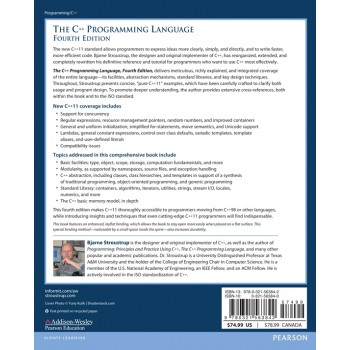
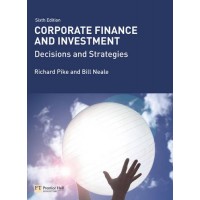
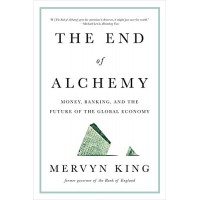
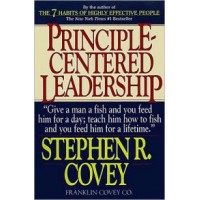



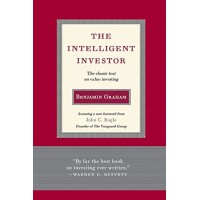
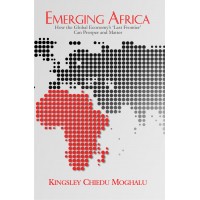

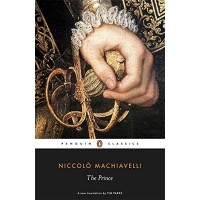
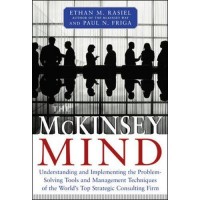

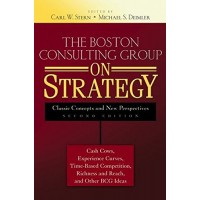
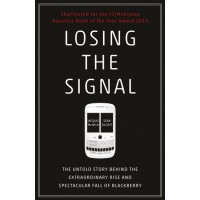







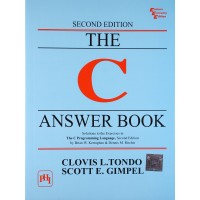
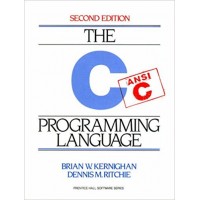

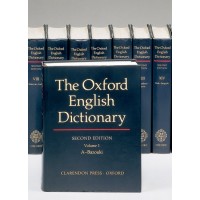
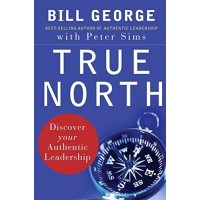
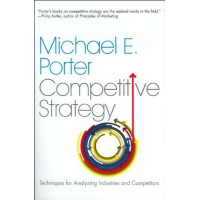
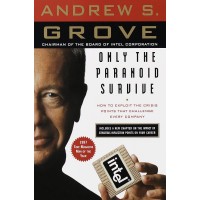

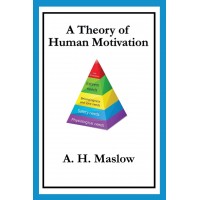
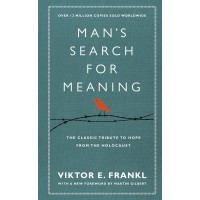
-200x200.jpg)

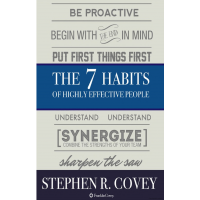


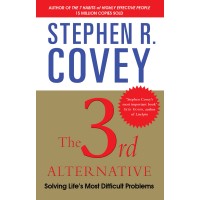

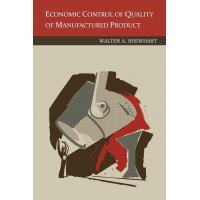
-200x200.jpg)
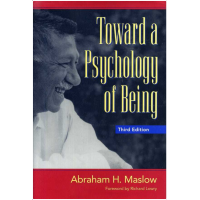





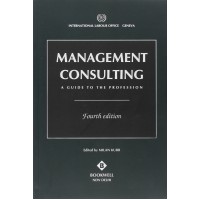

-200x200.jpg)
